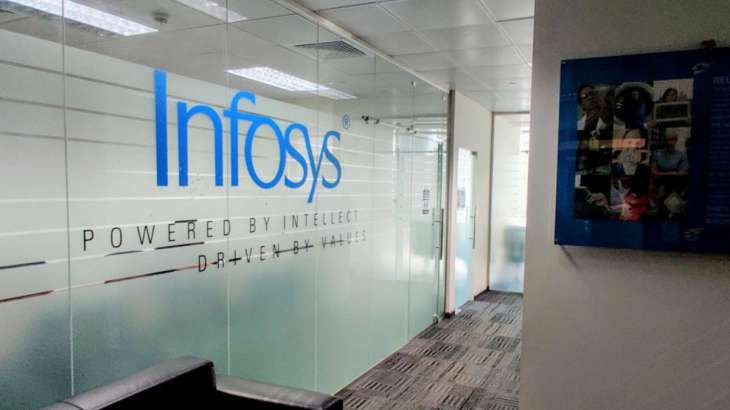In a bid to boost employee morale and incentivize their workforce Infosys – one of India’s leading technology companies has recently allotted shares worth Rs. 64 crore to its employees. This move aims to provide employees with a valuable opportunity to participate in the company’s success and further align their interests with the organization. However, employees must be aware of the rules and restrictions surrounding the sale of these shares. This article sheds light on the key details and timeline associated with the sale of Infosys shares allocated to employees.

Allocation of Shares:
Infosys has successfully allotted shares valued at Rs. 64 crores to its employees as part of its employee stock ownership plan (ESOP). This allocation strategy enables employees to become shareholders of the company thereby fostering a sense of ownership and loyalty. By granting employees a stake in the company’s growth and financial performance Infosys aims to create a stronger bond between the workforce and the organization.
Lock-in Period:
While employees may be eager to monetize their allotted shares it’s essential to note that there is a lock-in period associated with these shares. During this period employees are restricted from selling or transferring their shares. The lock-in period is a common practice to ensure stability and prevent sudden fluctuations in the company’s stock price due to large-scale selling by employees. It also encourages employees to remain invested in the long-term success of the organization.
Duration of the Lock-in Period:
As per the current guidelines, the lock-in period for the allotted shares is three years. This means that employees will be unable to sell or transfer their shares for a period of three years from the date of allocation. After the completion of the lock-in period, employees will gain the freedom to sell their shares if they choose to do so.
Employee Benefits:
While employees cannot immediately sell their allotted shares they are entitled to enjoy the benefits of being shareholders during the lock-in period. These benefits include dividend payments which allow employees to receive a share of the company’s profits. Dividends can be a valuable source of additional income for employees and contribute to their overall financial well-being.
Tax Implications:
It’s important for employees to be aware of the tax implications associated with selling their allocated shares. Profits earned from the sale of shares may be subject to capital gains tax depending on the prevailing tax regulations and the holding period of the shares. Employees are advised to consult with tax professionals or financial advisors to understand the specific tax implications in their jurisdiction and make informed decisions.
Conclusion:
The allocation of shares worth Rs 64 crore to employees by Infosys underscores the company’s commitment to fostering a sense of ownership and providing long-term benefits to its workforce. While employees cannot immediately sell these shares due to the lock-in period, they can enjoy the advantages of being shareholders, such as dividend payments. It is crucial for employees to stay informed about the specific terms and conditions surrounding the sale of their allocated shares and seek appropriate advice to make well-informed financial decisions.
